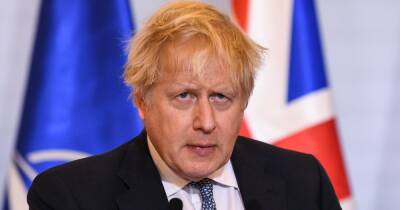Can Europe survive if Russia stops supplying it gas?
Escalating tensions between the West and Russia over Ukraine have raised concerns about Russian gas flows to Europe, prompting the European Commission and the United States to investigate alternative supplies.
In a joint statement released last week, EU Commission president Ursula von der Leyen and US President Joe Biden pledged close cooperation on energy security.
And after a recent meeting with European energy ministers in France, Energy Commissioner Kadri Simson said the bloc is talking with partners like Azerbaijan about the potential for increasing gas supplies to the continent.
If in the worst-case scenario Russian gas stops flowing to Europe completely, measures to replace supply will not be enough, according to a study by the Brussels-based think tank Bruegel that was published last week.
It concludes that there are two challenges for Europe: finding a replacement for Russian gas supplies and curbing demand domestically to weather the storm, economically and socially.
One of the authors, Bruegel senior fellow Simone Tagliapietra told Euronews that Europe might be headed for a 1970s-style oil crisis scenario.
“Certain factories might need to operate on a shorter production schedule or be closed entirely.”
And governments might need to establish an emergency plan to prioritise the recipients of gas – for example, for “heating in residential homes or for producing electricity” to avoid blackouts.
Looking ahead, there are three scenarios:
If Russia and all other suppliers continue to supply at current levels, EU-wide storage would hit a low of approximately 320 terawatt-hours (TWh) in April 2022.
If Russia cuts supplies at the beginning of February, storage would reach a minimum level of 140 TWh in April 2022.
If in addition







